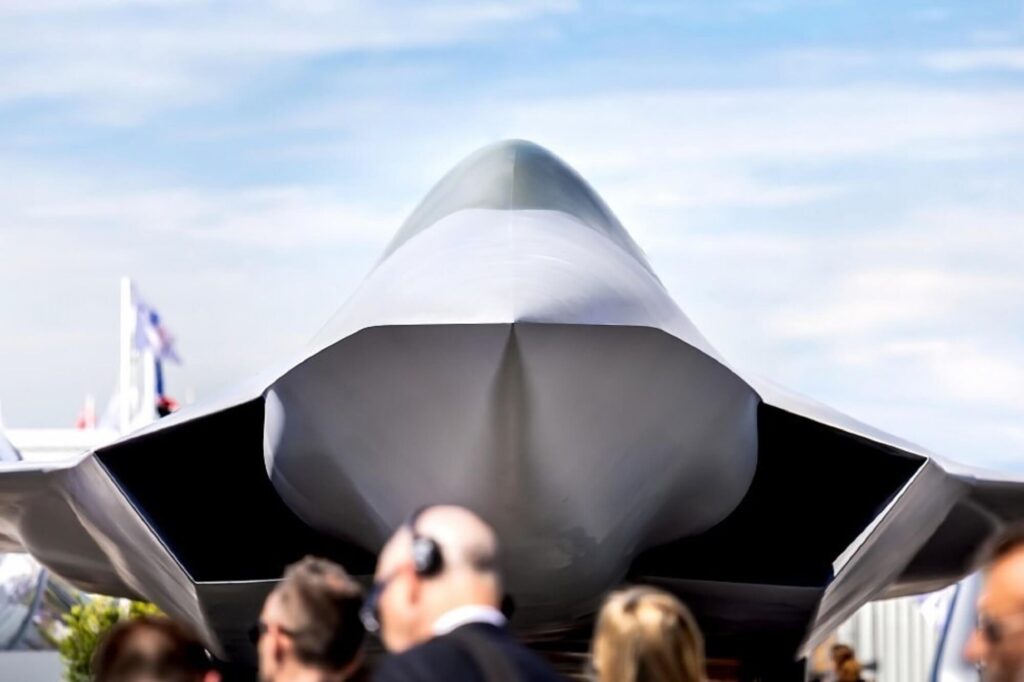The Defense Ministers of France, Germany, and Spain announced they reached an agreement regarding the Phase 1B of the Future Combat Air System development program on May 17, 2021.
French Minister of the Armed Forces Florence Parly and her German and Spanish counterparts, namely Annegret Kramp-Karrenbauer and Margarita Robles, reported the “finalization of discussions on the content of the next phase of the NGWS/FCAS program [Next Generation Weapon System/Future Combat Air System], which should lead by 2027 to the first flight of a new generation combat aircraft demonstrator.”
The agreement put an end to months of difficulties between the authorities and the manufacturers of each respective country after the division of tasks was put into question. It is unclear yet which concessions were made for all parties to be satisfied. However, the joint statement of the ministers reads:
“The industrial organization of the program has been determined in such a way as to ensure the coherence and effectiveness of the project, by bringing together the most advanced skills of industrialists in each country within a balanced, broad and thorough.”
Following the Franco-German Council on defense and security held on February 5, 2021, German Chancellor Angela Merkel voiced her concern that German manufacturers were being undermined.
“It is a project under French leadership but it is still necessary that the German partners can be at a satisfactory level vis-à-vis their partners,” Merkel stressed. “We must therefore see very precisely the questions of industrial property, the sharing of tasks, and the sharing of leadership.”
The divide reached its peak in mid-April 2021, when both Dassault Aviation and Airbus Defense and Space were heard by the French Senate. During his hearing, Éric Trappier, the CEO of Dassault Aviation, said his company was studying the possibility of a “plan B” if the situation is not resolved. Antoine Bouvier, Director of Strategy, Mergers and Acquisitions, and Public Affairs of Airbus, answered to the French parliamentarians a few days later that “no alternative will make it possible to achieve the objective we have set for ourselves.”
In late April 2021, the French Safran Aircraft Engines and German MTU Aero Engines, said they would create a 50/50 joint entity called EUMET (European Military Engine Team) based in Munich, Germany, and led by a CEO appointed by Safran. The Spanish manufacturer ITP Aero is to be contracted as the main partner to EUMET. This arrangement was the condition for the German Parliament, the Bundestag, to approve the funding of the engine subprogram.

